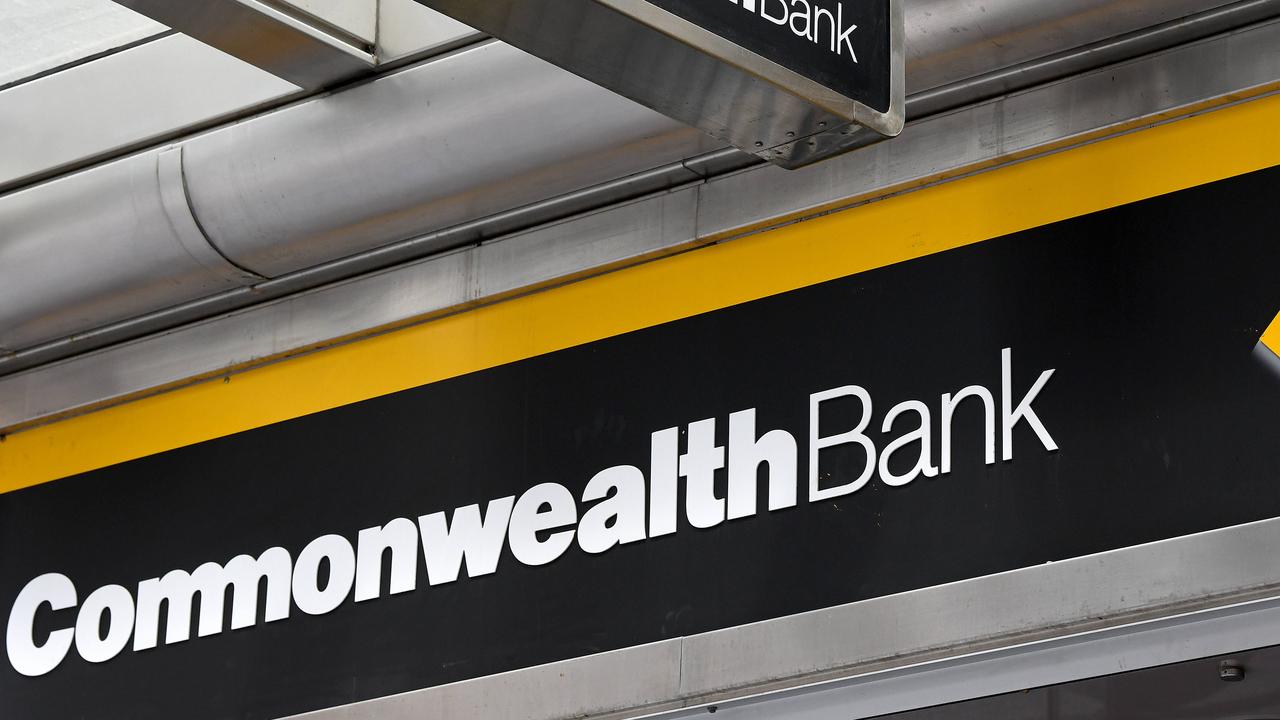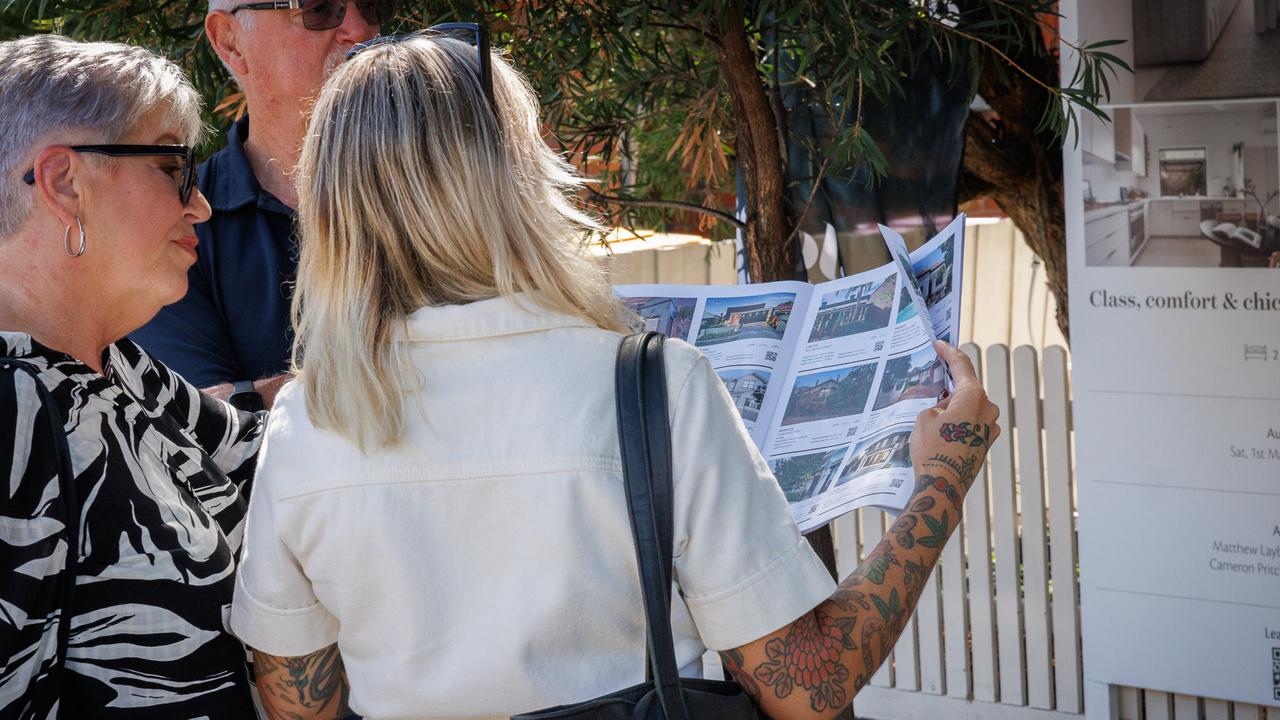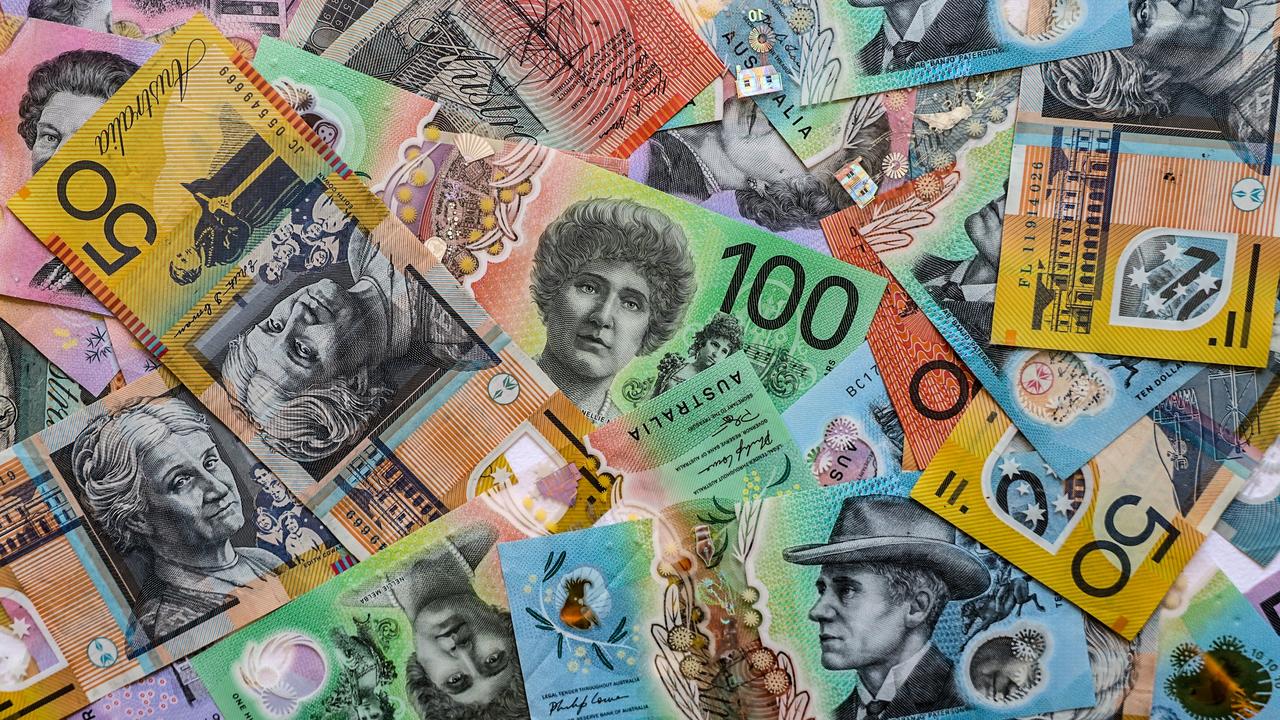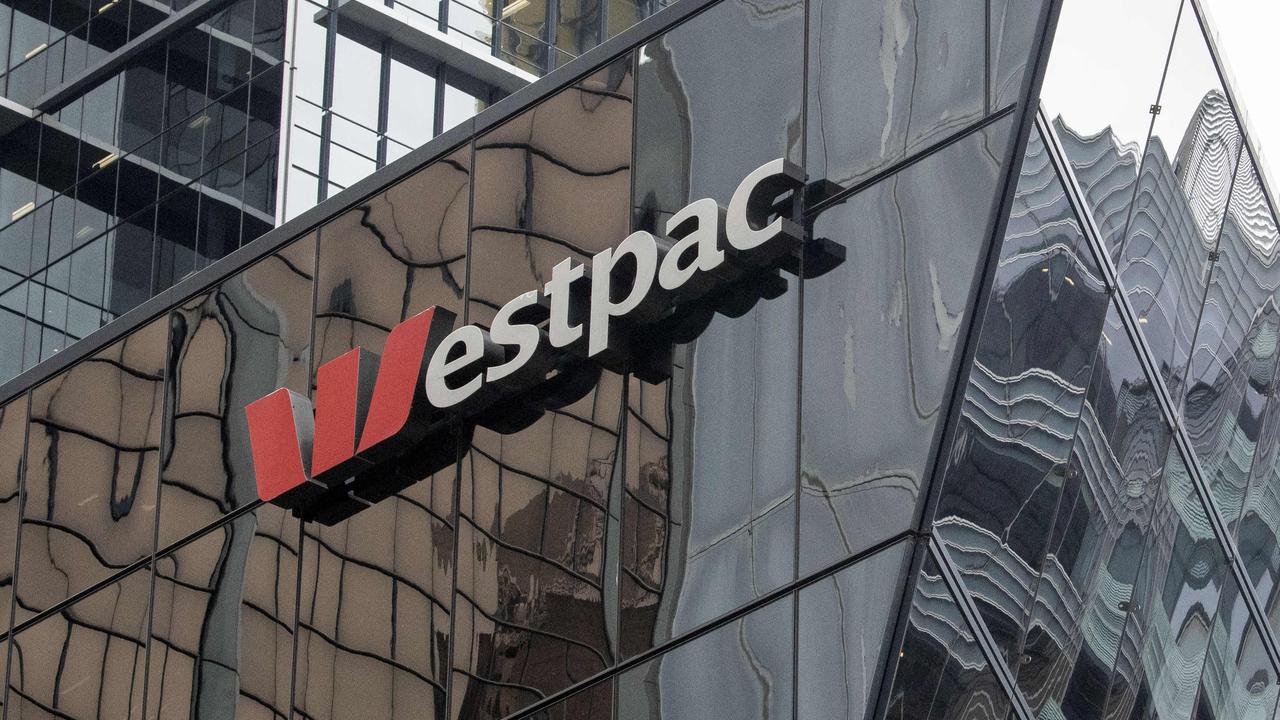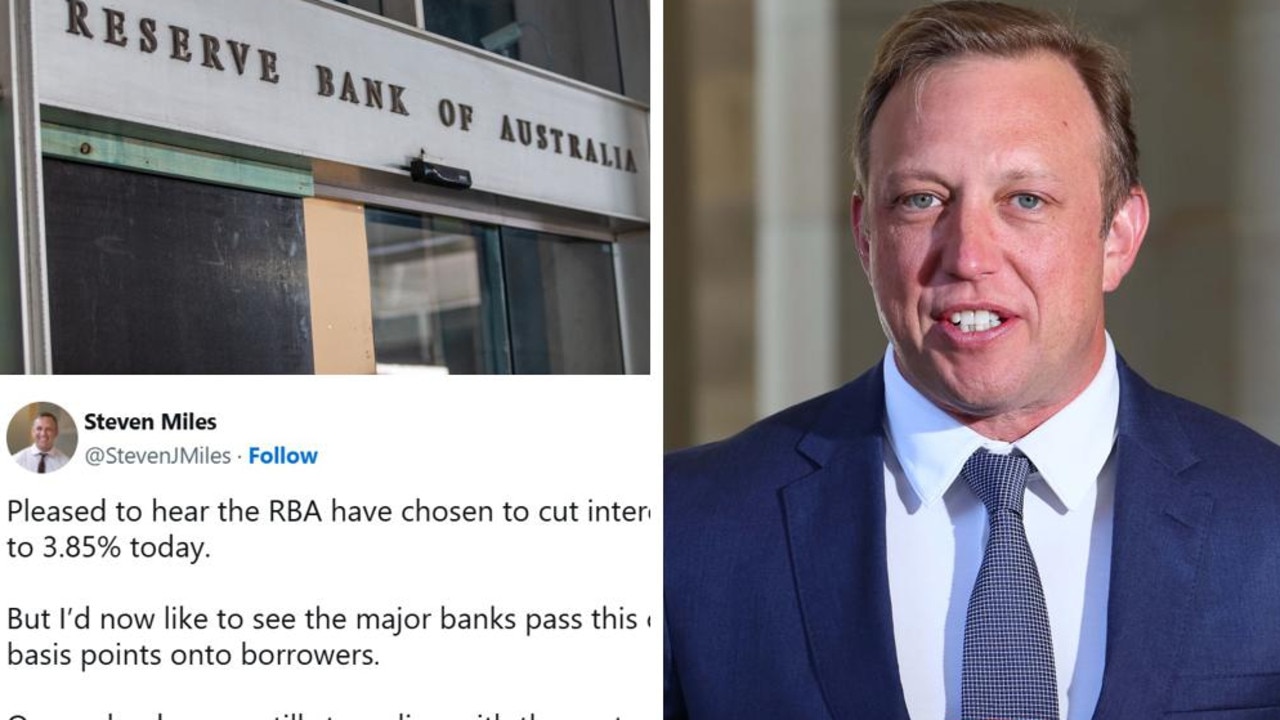Westpac boss makes huge rate prediction amid cost-of-living crunch
The Westpac Group boss believes the Reserve Bank will begin cutting rates from early next year, forecasting the figures rates will settle at.
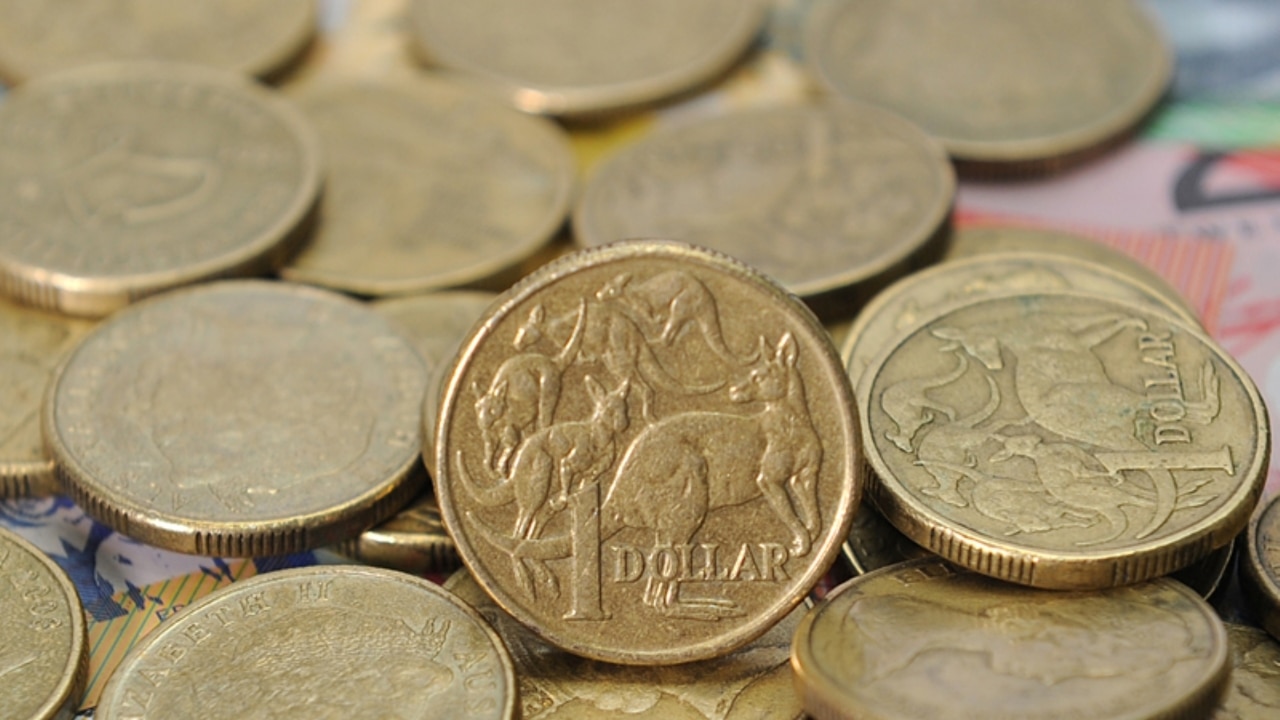
Banking
Don't miss out on the headlines from Banking. Followed categories will be added to My News.
Westpac Group boss Peter King says he believes the cash rate will settle from a 13-year high of 4.35 per cent to a “low 3 per cent range” as Australia navigates a tough economic climate.
Speaking to a parliamentary review into Australia’s big four banks, Mr King told the committee be believed the Reserve Bank would begin cutting rates from “early next year”, tipping an initial February cut.
He believes the cash rate will cumulatively be cut by a total of 100 basis points.
Mr King said about 0.6 per cent of Westpac customers, or 19,000 of the bank’s 3.1 million customers, were in hardship arrangements, with total loan stress increasing to 1.4 per cent.
However, more than 78 per cent of customers were ahead of their repayments.
“Despite this, we recognise many Australian households are making difficult spending choices to balance their budgets,” he said, appearing alongside Westpac Group executive of customer and corporate services Carolyn McCann.
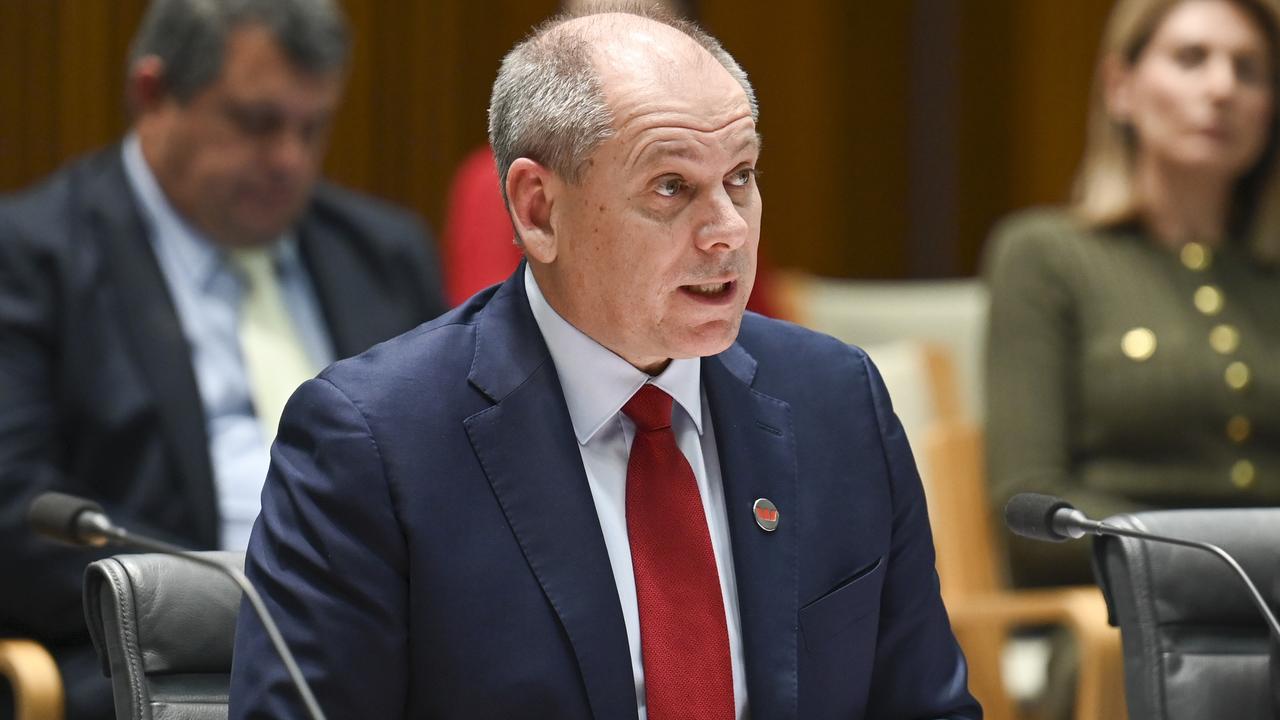
She said people on hardship arrangements were largely owner-occupied first-home buyers with higher loan-value ratios; however, 80 per cent of customers requiring hardship only required support for three months.
“Our main message is, if anyone is in trouble, to contact us. We’ve got 1400, people in our division that are available to help with different solutions,” Ms McCann said, listing support options like reducing payments or interest.
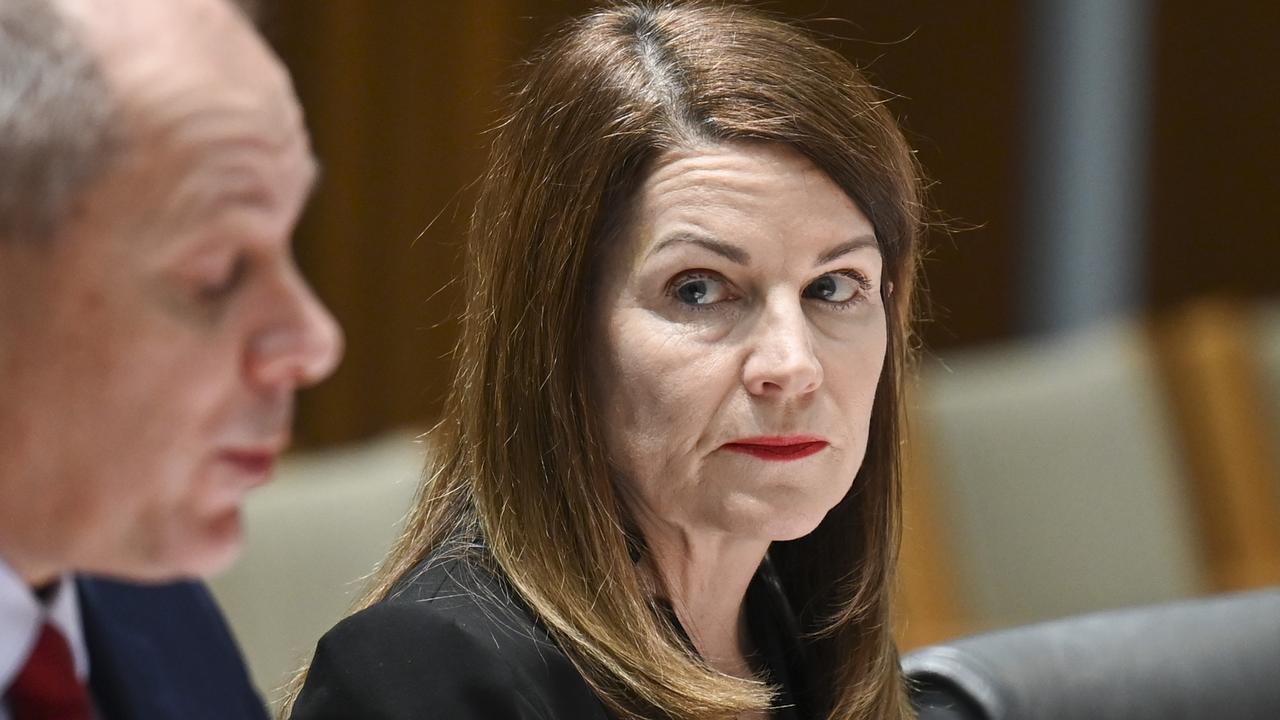
WESTPAC BOSS GRILLED ON EV CAR LOAN
Committee deputy chair Garth Hamilton also took issue with the bank’s electric car loan for EV and hybrid vehicles.
The Liberal MP for Groom accused Mr King of being “out of touch” for providing assistance for high-priced vehicles amid a cost-of-living crisis and said the low-interest loans would be better used to help tradies and apprentices secure Toyota HiLuxes.
Westpac advertises its electric car loan with a fixed rate of 5.99 per annum (or a comparison rate of 7.20 per cent per annum), while its standard car loan has a fixed rate range between 6.49 per cent to 12.99 per cent or a comparison rate of 7.69 per cent to 14.14 per cent per annum.
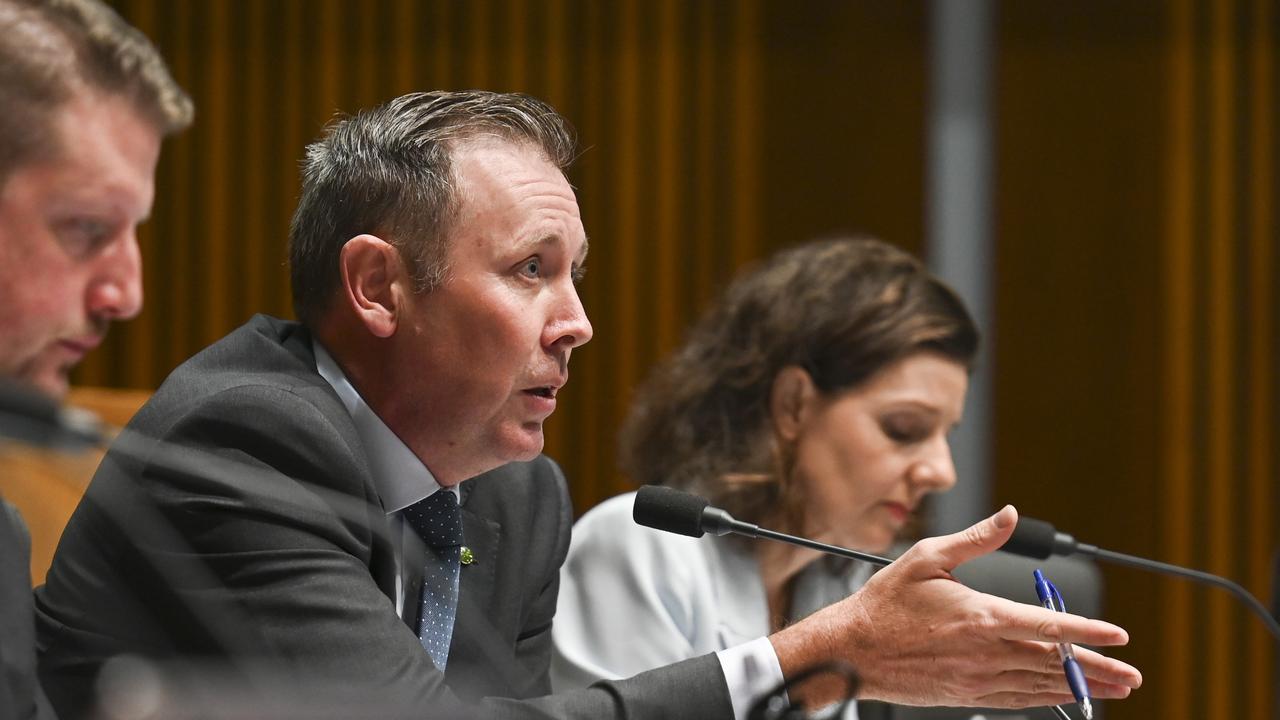
“Forgive me for taking a bit of fun at this, but under this program, in a cost-of-living crisis, you offer a discount to people who can afford a Rolls Royce but not a discount to people who can who need a HiLux,” Mr Hamilton said.
“I could go further. We’re in a housing crisis where I need heaps of young kids driving around with tools, rattling around in the back of a HiLux. I’d love to see some work towards them.”
Mr King said the electric car loan wasn’t a “big” product for the bank and lowering emissions and tackling climate change was important to the bank.
“We think that climate change is a big deal. It’s going to increasingly cost the population through weather events, and we need to assist the transition,” he said.
CBA CHIEF PAINTS GRIM FUTURE FOR FAMILIES
Earlier on Thursday, Commonwealth Bank chief executive Matt Comyn said his bank’s customers were being hit hard by rising costs despite Australia’s economy being “fundamentally sound” amid “global uncertainty”.
Mr Comyn on Thursday told the committee that many customers were “finding it difficult to deal with the high cost of living, with families “cutting back” on non-essentials and dipping into their savings.
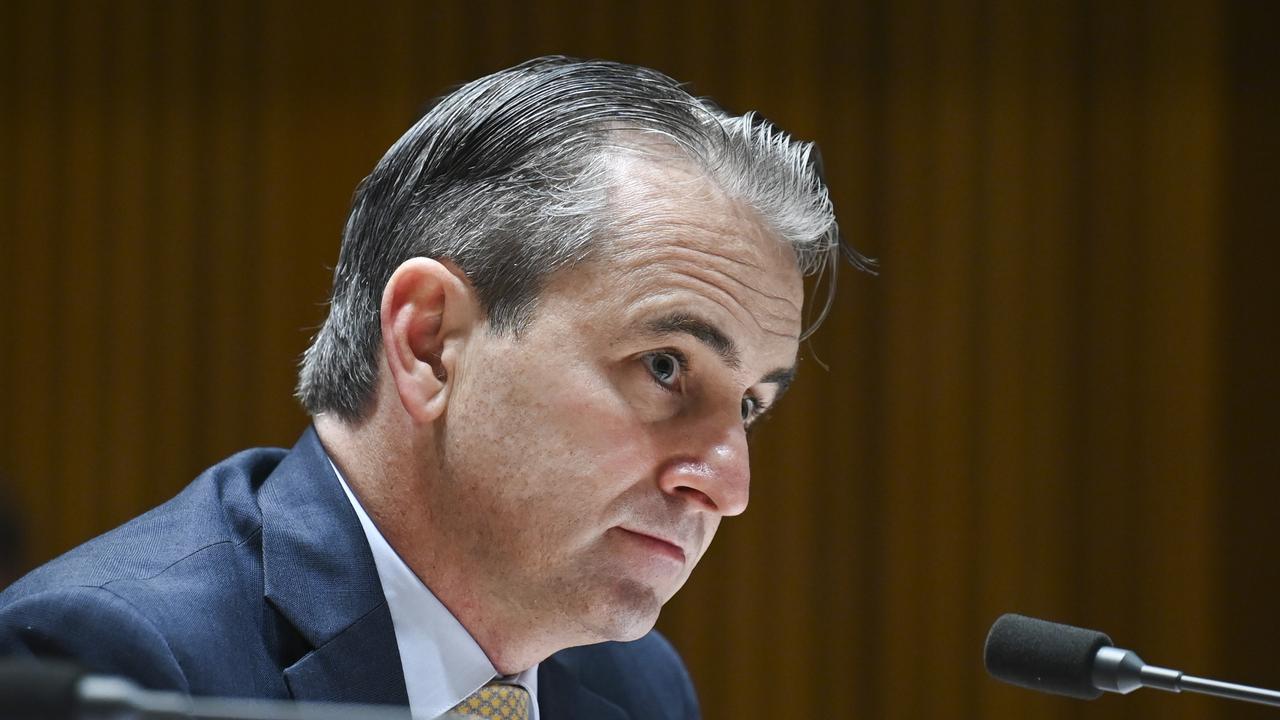
“Our insights tell us that, in aggregate, households are spending more on essentials and cutting back on discretionary spend,” he said.
“We can also see that savings are being depleted, particularly by working families.”
But the bank executive said cash-strapped young Australia were doing it the hardest.
“Younger Australians who tend to have lower incomes and smaller savings buffers are the most sensitive to these changes in prices,” Mr Comyn said.
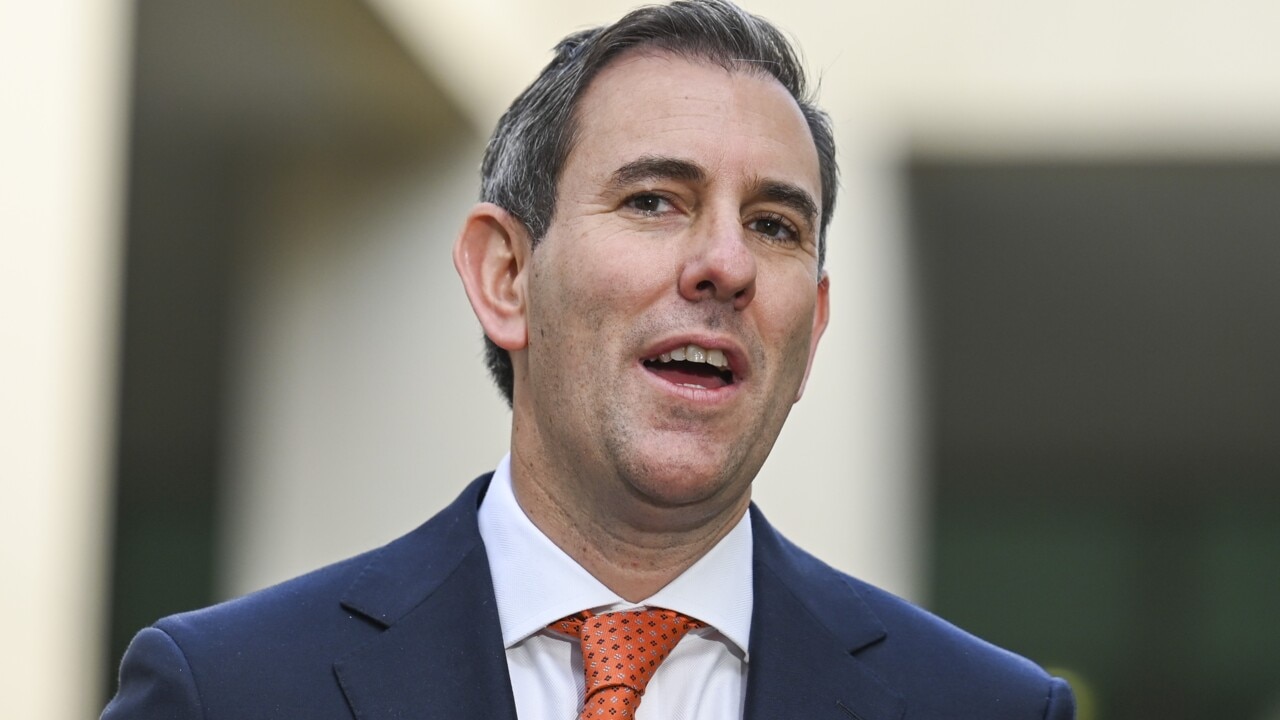
Mr Comyn also called on telcos and social media to do more to combat scams, saying that banks alone could not “limit scam losses across the community”.
Scams cost Australians $2.74bn in 2023, down from $3.15bn in 2022.
The Commonwealth Bank chief outlined steps he said were critical to tackling the problem, including better information sharing between key players and “a proportionate liability scheme”.
He said the scheme should tell “all of these organisations, including of course us, that if you do not meet your obligations then you will be required to reimburse customer losses”.
“This liability scheme should be simple, efficient and fair for customers with a single front door to access and resolve disputes,” he said.
“Across scams, fraud, cyber security and financial crime prevention, there are many opportunities for the private sector and the government to work together.”
Mr Comyn is before the committee as part of annual hearings that give parliamentarians the chance to grill banks on a range of issues.
Originally published as Westpac boss makes huge rate prediction amid cost-of-living crunch

